Mali’s defense minister has admitted that soldiers may have been involved in killings in the country’s unstable center, after the discovery of a mass grave backed up accusations of summary executions by government troops.
An NGO called Kisal, which campaigns for the rights of pastoral communities, said on Monday that 25 bodies had been found in three mass graves.
It said 25 people from the Fulani ethnic group, who are mainly herders, had been picked up last week by the army in the localities of Kobaka and Nantaka.
“The inspection mission sent to the area confirms the existence of mass graves implicating some armed forces personnel in serious violations causing the deaths of men in Nantaka and Kobaka,” Defense Minister Tiena Coulibaly said on Tuesday, June 19.
Coulibaly ordered military prosecutors to open an investigation.
He said in a statement the authorities were “firmly resolved to fight impunity and get soldiers to strictly observe international rights and humanitarian conventions.”
President Ibrahim Boubacar Keita said the defense minister had sent a mission to the site and “we will assume the consequences” of the outcome of the survey.
“We are not rebuilding our armed forces to make it an army that is ignorant of human rights in conflict. It would be a huge step backwards, God forbid,” he told a delegation from human rights organisations in Bamako Tuesday evening.
“While welcoming this rare act of humility on the part of the Malian authorities, we invite them to show more responsibility by taking swift steps to clarify this situation so that the authors respond to their actions,” Kisal said in a statement on Tuesday.
“It is unacceptable that those who are supposed to guarantee the security of people are turning into executioners,” the group added.
Central Mali is a vast area where the state is near-absent and jihadists roam with little constraint.
The armed forces face increasing accusations of arbitrary arrests and extrajudicial killings in their fight against the insurgents.
On May 19 the army said three Malian soldiers and 12 “terrorists” were killed in fighting at an army camp near the border with Burkina Faso. But locals said the dead were all civilians and the army later released a new statement that spoke of 12 “people” killed.
A military source from the joint force of soldiers from the five Sahel countries told AFP at the time that Malian troops under the G5 Sahel command were at the center of the incident.
A resident of Nantaka named Hama Kelly said troops arrested every person they came across as soon as they arrived in the village.
“They took their mobile phones and identity cards. Afterwards, people who were (members of the) Songhai [ethnic group] were released but all the Fulani were kept behind,” Kelly said.
Tensions and violence have intensified in the central Mopti area over the past three years, with clashes between Fulani herdsmen and sedentary farmers from other ethnic groups who accuse the pastoralists of colluding with jihadists.
Islamic extremists linked to al-Qaeda took control of the desert north of Mali in early 2012. France began a military intervention the next year that evolved into the current Operation Barkhane deployment with a mandate for counter-terror operations across the Sahel region.
The insurgents have reformed into nimbler formations operating in rural areas, sometimes winning over local people by providing basic services and protection from bandits.
With reporting by AFP


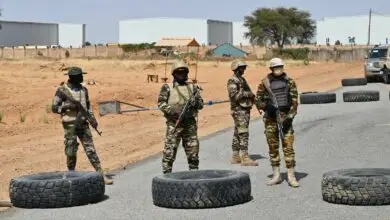
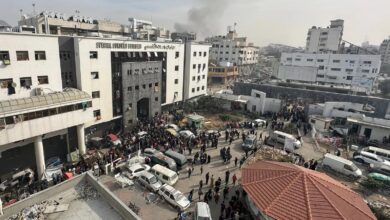

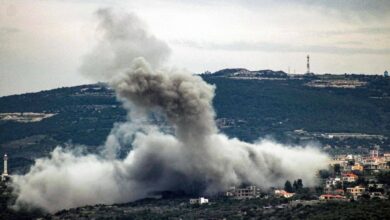

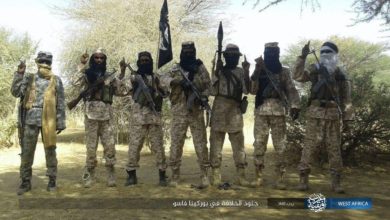
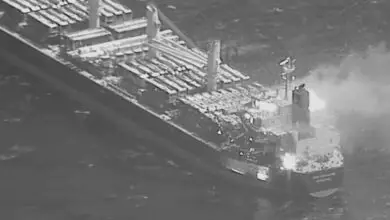
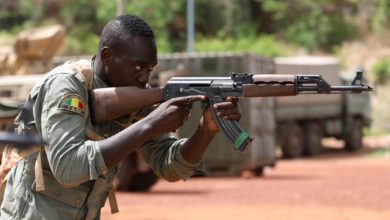
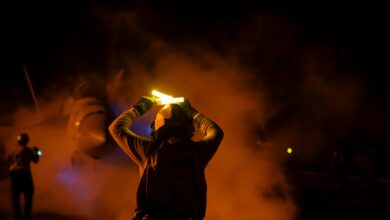

One Comment